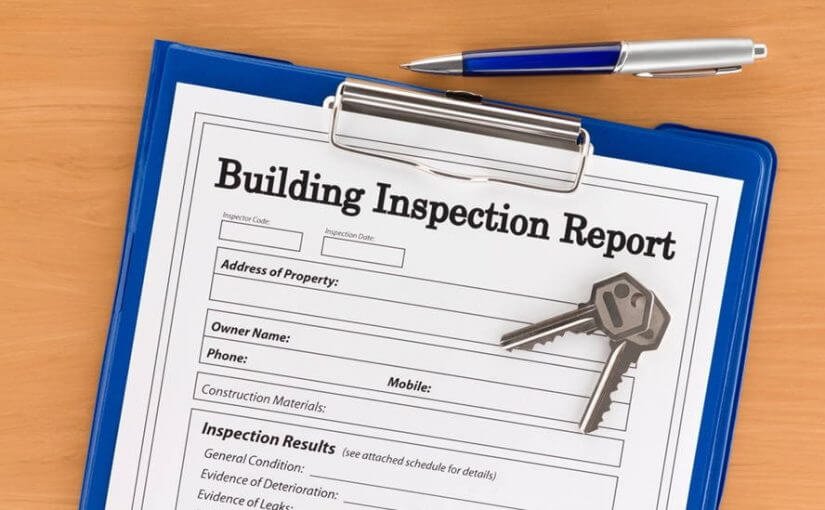When you are purchasing a property, it is crucial to have a building inspection report done before finalizing the sale. A building inspection report is a detailed document that provides an assessment of the overall condition of the property, identifying any potential problems or issues. The report will give you a clear understanding of what you are purchasing and will help you make an informed decision. In this article, we will discuss what a building inspection report should include.
- Structural Inspection
The structural inspection is one of the most critical components of a building inspection report. A professional building inspector will assess the overall condition of the property’s structure, including the foundation, walls, and roof. They will check for any signs of structural damage, such as cracks or movement, that could indicate underlying problems. The structural inspection will also include a review of the property’s load-bearing walls, beams, and columns.
2. Electrical Inspection
The electrical inspection will cover the property’s electrical system, including the wiring, outlets, switches, and electrical panel. The inspector will check for any electrical hazards or safety concerns, such as exposed wiring, overloaded circuits, or faulty electrical components. A thorough electrical inspection is crucial to ensure the safety of the property’s occupants and to prevent potential fire hazards.
3. Plumbing Inspection
The plumbing inspection will assess the property’s plumbing system, including the pipes, drains, and fixtures. The inspector will check for any leaks, clogs, or other plumbing issues that could cause water damage or lead to a loss of water pressure. A thorough plumbing inspection will also identify any potential health hazards, such as the presence of mold or mildew.
4. HVAC Inspection
The HVAC inspection will assess the property’s heating, ventilation, and air conditioning systems. The inspector will check for any problems with the HVAC system, such as malfunctioning thermostats, dirty filters, or faulty ductwork. A thorough HVAC inspection is crucial to ensure the property’s indoor air quality is safe and healthy.
5. Roof Inspection
The roof inspection will assess the overall condition of the property’s roof, including the shingles, flashing, and gutters. The inspector will check for any signs of damage or wear and tear that could lead to leaks or other issues. A thorough roof inspection is essential to identify any potential problems and to ensure the roof is in good condition.
6. Pest Inspection
The pest inspection will assess the property for any signs of pest infestation, including termites, ants, rodents, and other pests. The inspector will check for any damage caused by pests, such as wood damage or chewed wires. A thorough pest inspection is essential to identify any potential problems and to ensure the property is free from pests.
7. Additional Inspections
In addition to the inspections listed above, there may be other inspections required, depending on the property’s location and age. For example, if the property is located in a flood zone, a flood inspection may be required. If the property was built before a specific date, a lead paint inspection may be necessary. It is crucial to work with a professional building inspector who can identify any additional inspections that may be required.
In conclusion, a building inspection report is an essential document that provides valuable information about the property you are purchasing. It is crucial to work with a professional building inspector who can provide a comprehensive report that includes all of the inspections listed above. By having a building inspection report done, you can make an informed decision about the property and ensure that you are purchasing a safe and healthy home.
